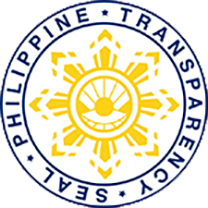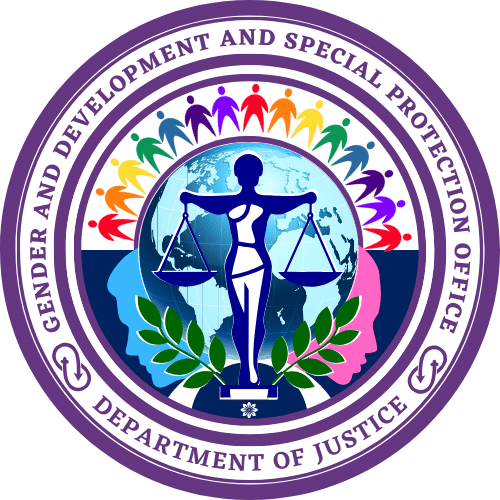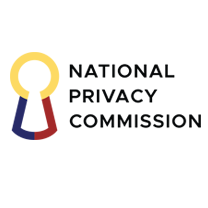The Criminal Code Committee (CCC) constituted by the Department of Justice (DOJ) on 20 April 2011 to craft a new penal code of the Philippines has reported the completion of the first phase of its work.
The CCC was formed by Secretary Leila M. De Lima following the directive of President Benigno S. Aquino III during his first State of the Nation Address to recodify our laws to ensure their consistency. Since its constitution, the CCC worked steadily to come up with a new body of criminal law to update the Revised Penal Code of 1932. The CCC is
composed of representatives from more than twenty (20) government agencies and private organizations spanning the executive, legislative and judicial branches of government, the professional associations of lawyers, and the civil society. It is being supported by the Hanns Seidel Foundation.
To date, the CCC has completed the initial draft of Book 1 of the proposed Criminal Code, containing the general principles applicable to the punishment of crimes. Book 2, which will contain the specific definition of crimes and their corresponding penalties, is currently being drafted.
"We are happy with the pace of the CCC's work, which we attribute largely to the consultative, multi-perspective and dynamic approach being taken by its dedicated and hardworking representatives", Secretary De Lima said. "This underscores the urgency and timeliness of the need to come up with our very own criminal code".
The CCC conducted consultations with various sectors during the course of its work, including focus group discussions with:
1. Legislators (28 July 2011)
2. Legal Experts (23 September 2011)
3. Chief Prosecutors of Metro Manila (07 October 2011)
4. Law Enforcement Sector (26 August 2011)
5. Corrections Sector (09 September 2011)
6. Women and Children Sector (23 September 2011)
7. Investigators, Prosecutors and Defenders (11 November 2011)
8. Business Sector (20 January 2012)
9. Mass Media (26 April 2012)
10. Religious Groups (24 August 2012)
11. Government Agencies and Stakeholders (14 and 21 September 2012)
The draft Book 1 of the proposed Criminal Code was likewise presented during multi-sectoral consultations in the following key cities:
1. Legazpi, Albay (May 25,2012)
2. Cebu City (July 6, 2012)
3. Davao City (August 31, 2012)
4. Baguio City (12 October 2012)
5. Iloilo City (16 November 2012)
Work on Book 2 of the proposed Criminal Code is under way, and the members of the CCC are currently discussing and considering timely and relevant issues.
Despite the magnitude of its work, the CCC remains on track to help craft a new criminal code that will be part of the President's legacy.







